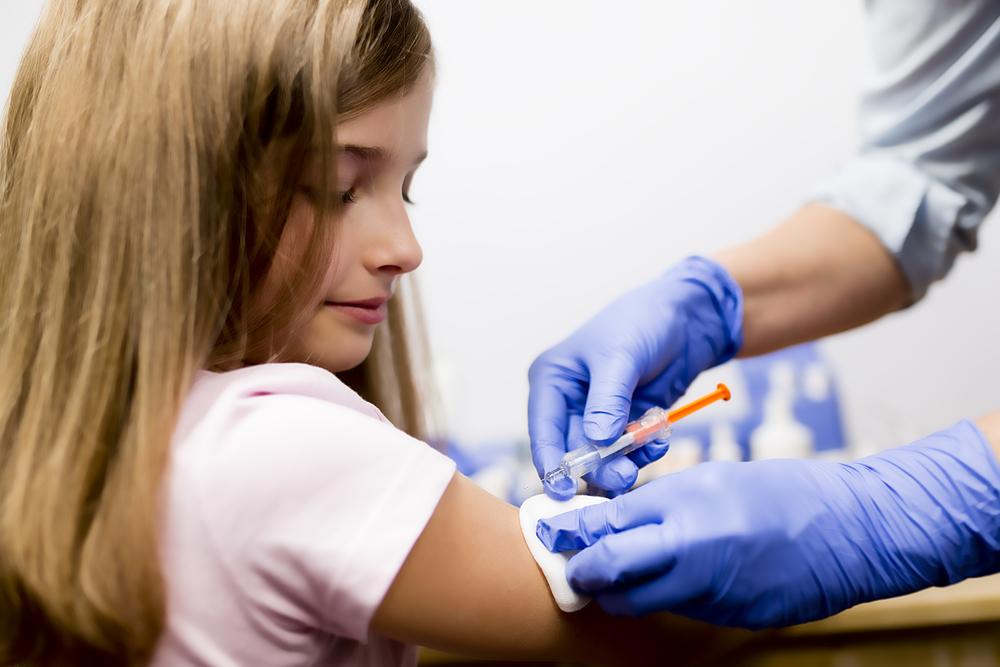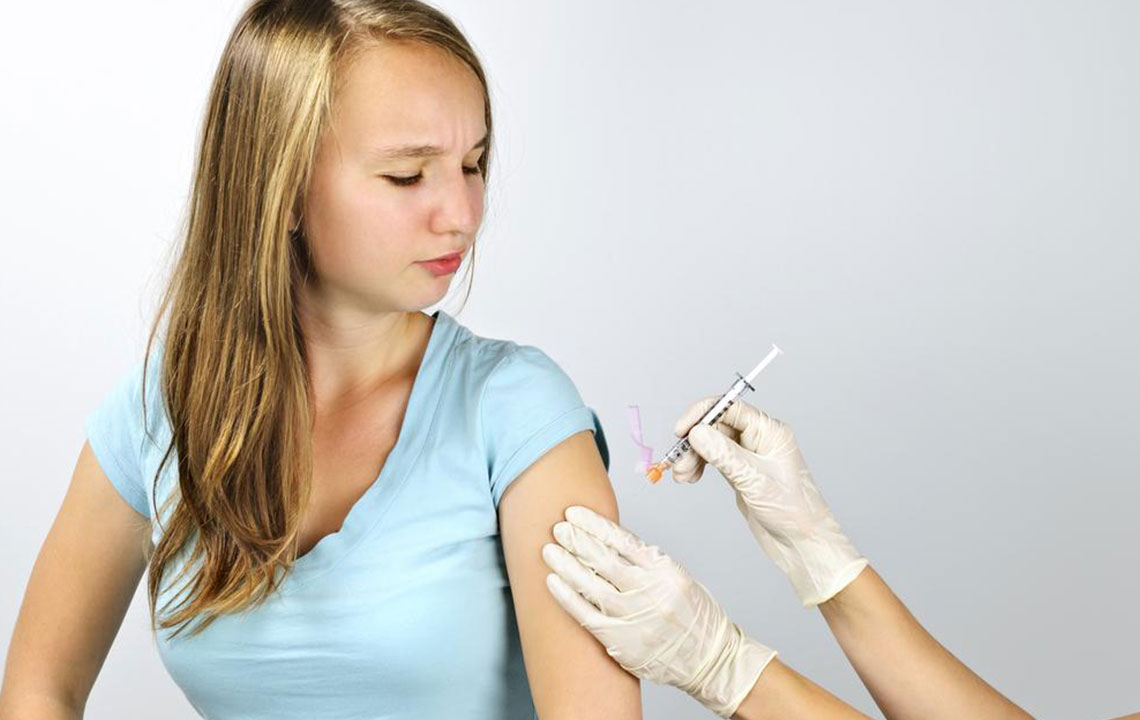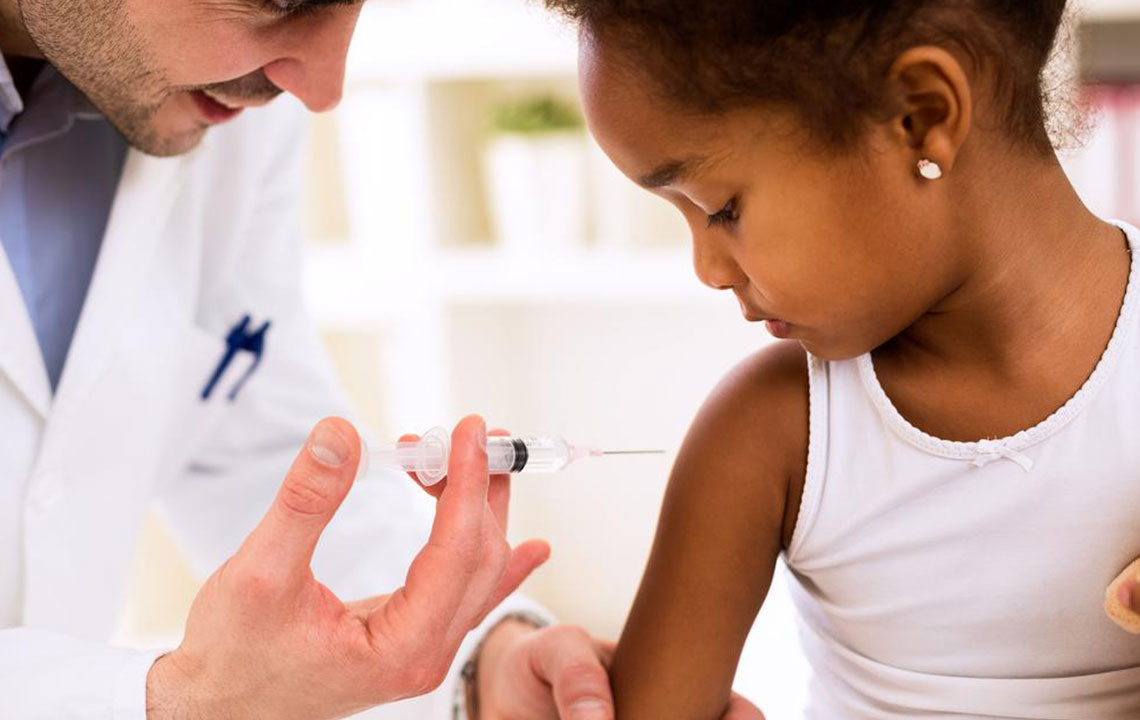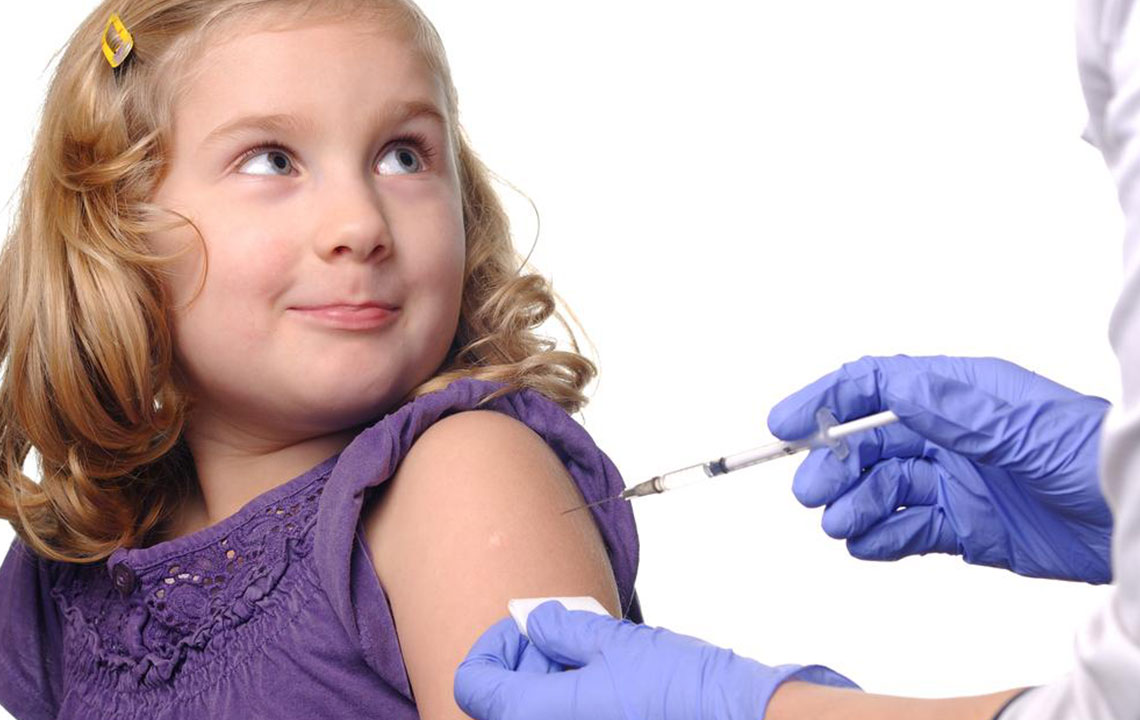Comprehensive Guide to Adult Vaccination: Protecting Your Health at Every Stage
This comprehensive guide highlights the vital importance of adult vaccinations. It covers recommended vaccines for adults from 19 years and older, emphasizing preventive health strategies. The article discusses vaccine schedules, accessibility, insurance coverage, and public health initiatives to improve vaccination rates across the U.S. Staying informed and updated on adult immunizations is crucial for preventing serious illnesses and maintaining wellness at every stage of life.

The Significance of Vaccinations for Adults: A Comprehensive Overview
Vaccinating adults is an essential component of maintaining long-term health and preventing the spread of infectious diseases within communities. While childhood immunizations are often prioritized, adult vaccinations are equally vital, especially as immune defenses can weaken with age or underlying health conditions. The Advisory Committee on Immunization Practices (ACIP) provides detailed recommendations for immunizations pertinent to individuals aged 19 and older, ensuring that adults receive appropriate protection against various preventable illnesses.
Despite the importance of adult vaccines, vaccination rates among adults remain relatively low across the United States. This gap underscores the need for enhanced education, awareness, and access to immunization services. Healthcare providers and public health agencies work collaboratively to increase vaccination coverage, making sure that vaccines are readily accessible at local clinics, pharmacies, and community health centers nationwide.
The Centers for Disease Control and Prevention (CDC) emphasizes that adults between 18 and 65 should follow specific immunization guidelines to ensure broad protection. For those over 65, additional vaccines are recommended to combat age-related vulnerabilities and chronic health issues. Immunizations are tailored based on factors such as age, health status, lifestyle, and medical history, underscoring personalized healthcare approaches. Below are some key vaccines advised for adults over 19 years, along with their importance:
Influenza (flu) vaccine, administered annually, to guard against seasonal flu outbreaks which can cause severe complications in vulnerable populations.
Tetanus-diphtheria (Td) booster, recommended every ten years to protect against tetanus and diphtheria, with an emphasis on timely tetanus shots post-injury.
Tdap booster, which also covers pertussis (whooping cough), especially crucial for pregnant women, healthcare workers, and those in close contact with infants.
Vaccines for human papillomavirus (HPV), shingles (herpes zoster), hepatitis A and B, chickenpox (varicella), and measles-mumps-rubella (MMR), depending on individual risk factors and exposure history.
Pneumococcal vaccines, vital for adults over 65 and immunocompromised individuals, to prevent pneumonia and other pneumococcal diseases.
Special considerations for those with chronic respiratory diseases or compromised immune systems, including annual flu shots and additional targeted vaccines.
Adhering to the recommended immunity schedule is crucial for optimal health outcomes. The CDC maintains an updated immunization schedule accessible on its official website, guiding both healthcare providers and individuals.
Encouraging adult vaccination is a public health priority aimed at reducing disease burden and enhancing community immunity. Insurance coverage for vaccines varies but often includes private insurance plans, employer health benefits, and health exchanges without copayments or coinsurance. Medicare provides coverage for vaccines such as influenza, pneumococcal, and hepatitis B. For uninsured adults, affordable vaccination options are available through government-funded programs, community clinics, and local health departments.
In conclusion, staying current with adult vaccines is a proactive step towards safeguarding yourself and those around you. Regular consultations with healthcare professionals can help determine which vaccines are necessary based on personal health profiles. Embracing vaccination not only protects individual health but also contributes to the collective effort to prevent outbreaks of preventable diseases, ensuring healthier communities for everyone.





